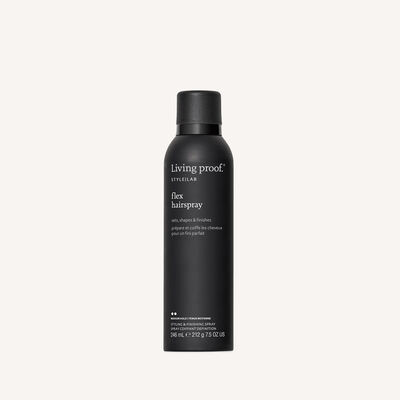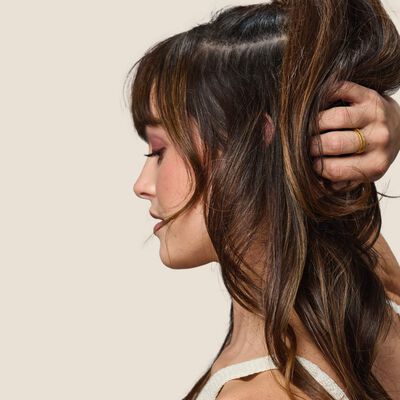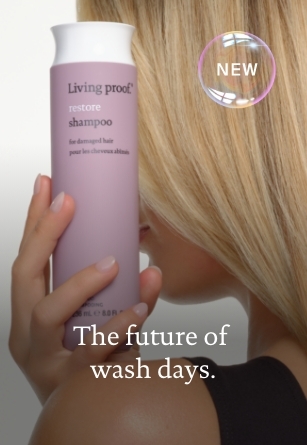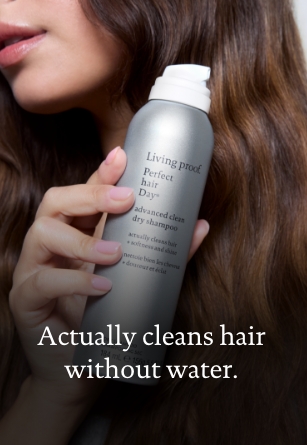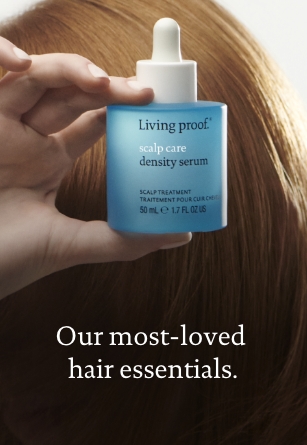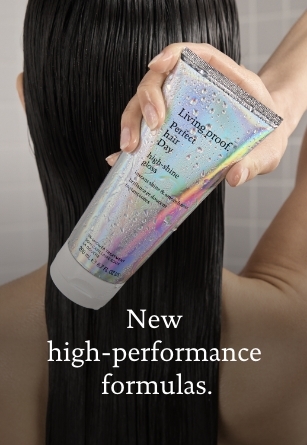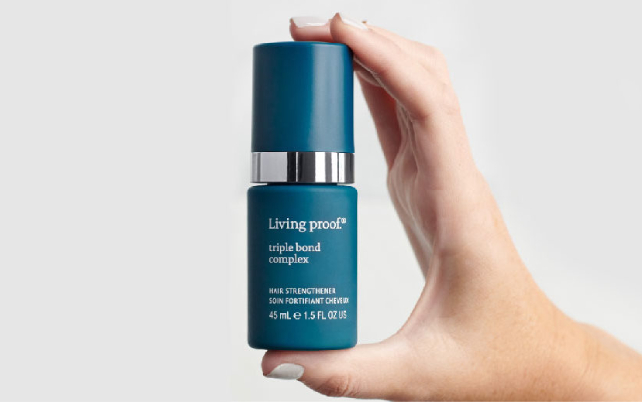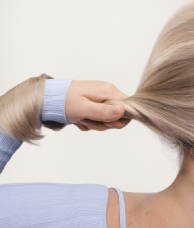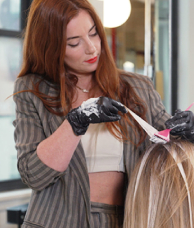Explore award winners.
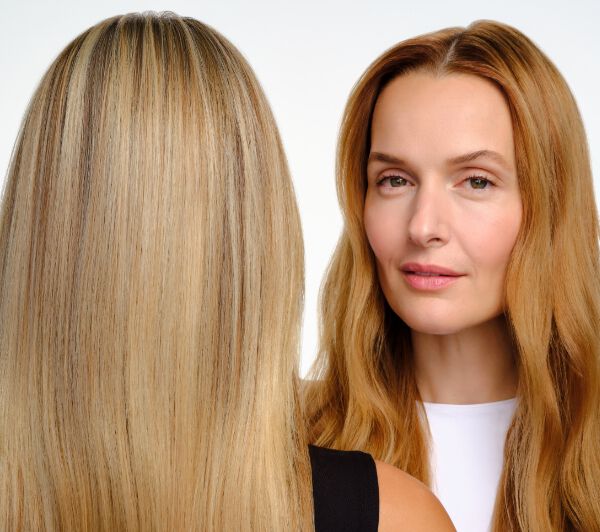
Find your routine.
Let us match you with the perfect product for your hair.
Take our Hair QuizShop our products.
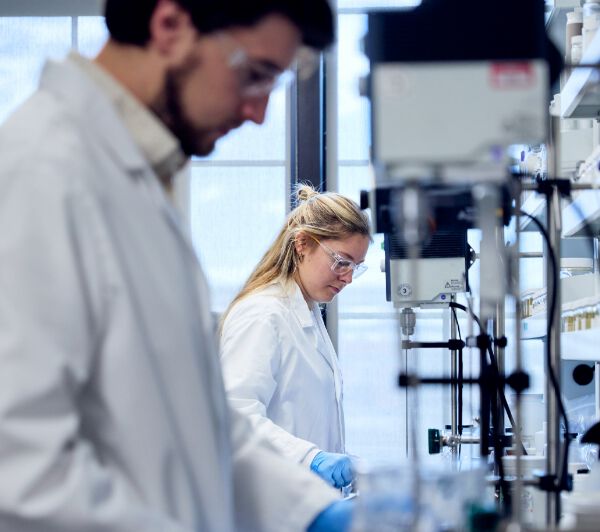
HairTech Labs
Curious about the science behind our breakthrough products?
Explore our in-house facility where we develop and test our transformative, bioengineered formulas.
Learn MoreHair Products That Make a Difference
At Living Proof, safety and effectiveness are our top priorities, which is why we work with a team of scientists and haircare experts to develop salon-quality hair products that actually work. Whether it’s a volumizing shampoo to add fullness and texture to fine hair, a flexible hairspray to hold your preferred style, or a nourishing conditioner to make dry hair soft and manageable, our haircare products are formulated to support all hair types and textures and will give you the confidence to let your natural beauty shine.
Proven Formulas You Can Trust
We’re committed to creating carefully formulated and rigorously tested hair products that solve your most pressing haircare challenges. Our scientific approach revolutionary technology, and curated list of ingredients have made us a household name in the haircare industry, while the proven quality of our hair products have earned us a loyal following. To learn more about the science behind Living Proof, find out how we formulate our haircare products.







